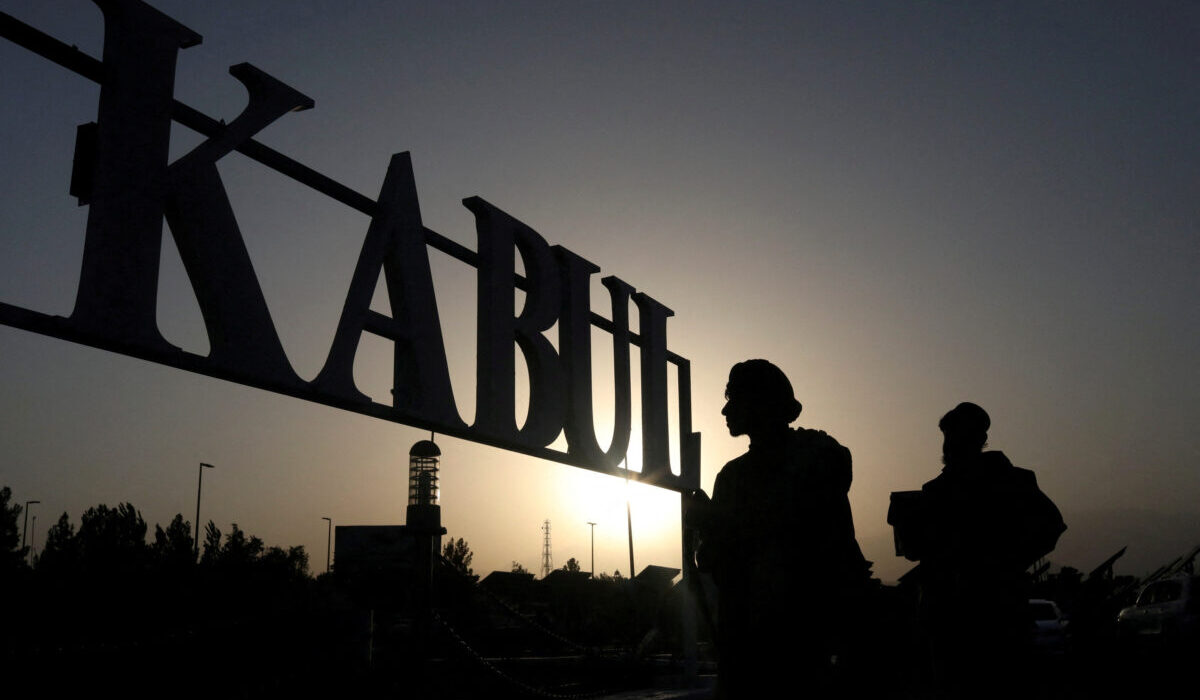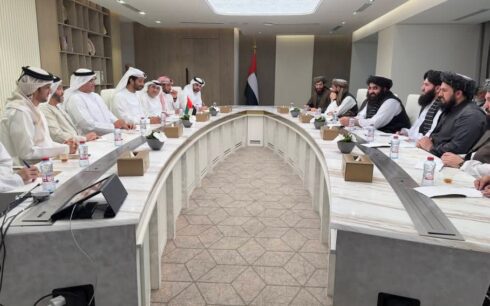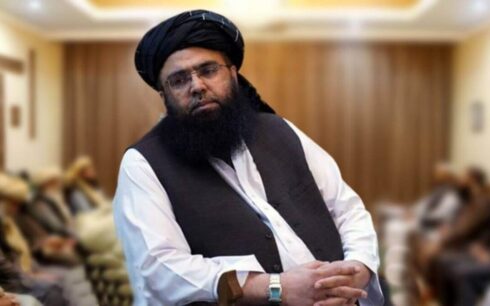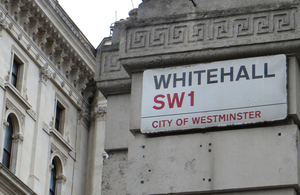In the recently released 17th edition of the Global Peace Index (GPI) by the Institute for Economics and Peace (IEP), Afghanistan has once again been ranked as the least peaceful country in the world for the eighth consecutive year. The report, titled Global Peace Index 2023, provides a comprehensive analysis of peace levels across 163 independent states and territories.
According to the report, Afghanistan’s prolonged state of unrest has led to its continued position as the least peaceful country. The war-torn nation is followed closely by Yemen, Syria, South Sudan, and the Democratic Republic of the Congo, which also face significant challenges in maintaining peace and stability.
However, despite its ongoing conflicts, Afghanistan recorded a notable improvement in peacefulness over the past year, ranking fifth among the countries with the largest improvements globally. This positive change can be attributed to various factors, including the withdrawal of US troops and the subsequent Taliban takeover of the government. As a result, the intensity of internal conflict decreased, leading to a significant reduction in conflict-related deaths.
Afghanistan recorded the largest reduction in deaths from armed conflict in 2022 with conflict-related deaths falling 90.6 percent, from almost 43,000 to just over 4,000, the report says.
The report highlights that while violence remains widespread throughout Afghanistan, the level of conflict has decreased considerably since the withdrawal of US troops in August 2021. The Taliban’s recapture of Afghanistan contributed to this decline, although the security situation in the country remains uncertain. The possibility of an escalation in the conflict between the Taliban and Daesh is a significant concern.
“Terrorist incidents in Afghanistan fell by 75 percent in 2022, with deaths from terrorism falling 58 percent, leading to improvements on the terrorism impact and internal conflicts fought indicators,” the report said. “However, the security situation in Afghanistan remains uncertain, with an escalation in conflict between ISK and the Taliban remaining a strong possibility.”
It added that “since its emergence in 2015, ISK has viewed the Taliban as both its strategic and ideological rival.”
The report said that Daesh has repeatedly denounced the Taliban’s efforts to form an emirate based on national boundaries, which directly opposes Daesh’s vision of a global caliphate.
“Additionally, a number of local militias have aligned against the Taliban under organizations such as Afghan National Liberation Front, the Afghan National Resistance Front,” said the report.
The report stated that “the perceptions of criminality of Afghan civilians improved slightly, with the number of people who say they felt unsafe walking alone falling from 84 percent to 77 percent.”
“The intensity of internal conflict improved, owing to fewer reported instances of hostilities between the Taliban and the National Resistance Front over the past year,” said the report.
Despite improvements in certain domains such as ongoing conflict, militarization, and the impact of terrorism, the safety and security situation in Afghanistan has experienced a slight deterioration due to an increase in violent demonstrations. However, the perceptions of criminality among Afghan civilians have improved slightly, with fewer people reporting feeling unsafe while walking alone.
The economic impact of violence in Afghanistan remains substantial, with the country incurring a significant cost equivalent to 47 percent of its GDP. Alongside Ukraine and the Central African Republic, Afghanistan recorded one of the highest proportional economic costs of violence in 2021.
While Afghanistan has faced significant challenges, other countries have experienced positive changes in peacefulness. Libya, for the second successive year, saw the largest improvement, followed by Burundi, Oman, Côte d’Ivoire, and Afghanistan. In contrast, the war in Ukraine and its conflict with Russia had a substantial negative impact on global peacefulness.
The GPI report emphasizes that peacefulness is a crucial factor for economic development. The ten countries most affected by violence experienced an average economic impact equivalent to 34 percent of their GDP, significantly higher than the 2.9 percent experienced by the ten least affected countries.
The findings of the GPI serve as a reminder of the importance of peace and stability in fostering societal development. Efforts to address the underlying causes of conflict and promote peaceful resolutions remain crucial in creating a more harmonious world.





